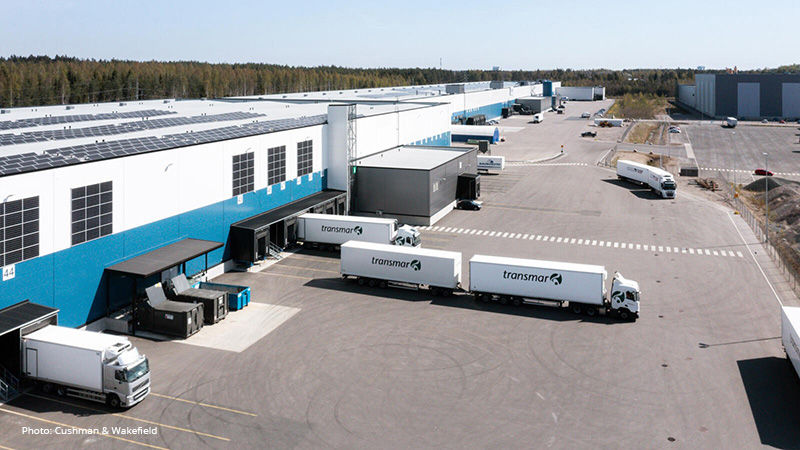Despite the economic slowdown and international sanctions, the hotel business in Russia is actively expanding. Major international hotel chains are present in the country and many of them have expansion plans for the coming years. Almost 150 new hotels are announced to be opened by 2020 by international and domestic operators.
Law and Hospitality in Russia: Know Your ABCs

Related services
Development of new hotels is substantially driven by international social, political, cultural and sport events, such as the FIFA World Cup, which will be hosted in 2018 by 11 Russian cities. Such an expansion requires solid legal support by experts who are well experienced in hotel deals. This post highlights the legal ‘ABCs’ for the industry.

Legal Structures for Hotel Operations
In most cases, operating a hotel in Russia involves the following basic legal structures: (1) operating your own hotel, (2) franchising, (3) management, or (4) lease.
The first option is rather a traditional model in which the hotels are operated by the owners of their immovable and movable property. Russia still has many old-fashioned, Soviet-style hotels (some of them more or less renovated) or small, often family-owned guest houses that operate in this way. However, this option is not common for international hotel brands, which prefer contractual relationships with the hotel owners.
Franchising
Franchise agreements enable the owners (franchisees) to operate their hotels using the brands, trademarks, know-how and reputation of well-known international hotel chains. The brand holders (franchisors) are not involved in the day-to-day business of the hotels; their role is mostly limited to the promotion of the hotels by means of advertising and worldwide booking systems, supervision of the hotels’ compliance with brand standards and collection of royalties for the use of their trademarks.
Management
Under the management model, the hotel owners entrust all day-to-day activities to the operators (managers) and pay them a management fee. As a rule, the amount of the fee depends on the business results of the manager, which are often evaluated in comparison to other hotels of the same level in the same area. The manager operates the hotel on behalf of the owner, and most of the personnel are employed by the owner.
Management agreements are normally entered into in combination with trademark license agreements, international booking and marketing services agreements and, sometimes, with other technical or advisory services agreements. As the hotel management agreement model has been brought to Russia from common law jurisdictions, proper localisation is very important for the successful operation of the hotel.
Lease
While the parties’ relationships under franchise or management agreements are purely contractual, the lease option also involves the transfer of rights to real estate. There are two types of lease agreements available to the hotel operators: (a) lease of the hotel building or premises, and (b) lease of the enterprise. The second option means that the lessee takes over the hotel real estate together with all the related fixed assets, including FF&E (furniture, fixtures and equipment), other supplies, as well as proprietary, IP and other rights and liabilities associated with the hotel. Enterprise lease agreements enable the lessees to allocate operational losses to the hotel owners, which often makes this model more attractive to operators than a simple real estate lease.
Information on the lease is recorded in the public real estate register. Certain premises in the hotel can be further subleased to third party tenants (shops, restaurants, spas, etc.).
International hotel operators select the legal structure on a case-by-case basis depending on the brand, category of the hotel and the owner’s business model. For example, among Marriott hotels in Moscow, there are franchised, managed and leased hotels (like the recently opened ‘flagship’ hotel on Novy Arbat street). But whatever contractual model applies, agreements between hotel owners and operators are very industry-specific and full of terms that are unique to the hospitality business.
Lawyers advising hotel owners or operators must be well experienced and reputable within the industry, which sometimes makes selection of legal advisors in Russia a difficult task for hoteliers.






